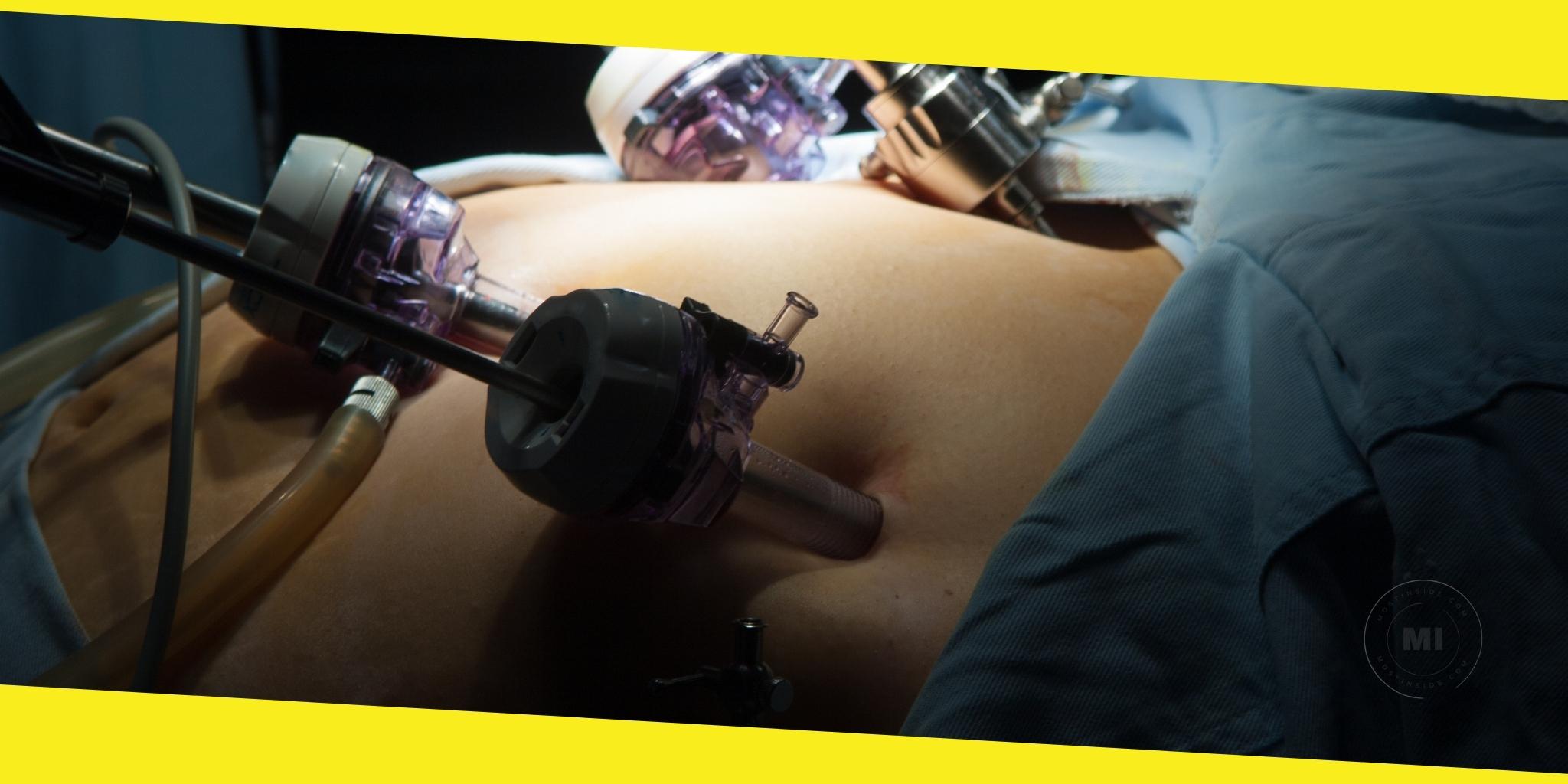
Gastric bypass is a bariatric surgery effective in helping if you suffer from severe health issues from being obese. The medical procedure involves decreasing the size of your stomach. It focuses on changing how your stomach and the small bowel (duodenum, jejunum, and ileum) absorb food to make weight loss and reduction possible. However, not everyone who is obese should go for Frisco gastric bypass. You must meet particular medical guidelines.
Subsequently, below are what you need to know before, during, and after the surgical procedure.
Before the procedure
Once a bariatric expert has established that you meet the criteria to benefit from the surgery, you may be required to observe a particular way of living weeks before the procedure. For example, you may have to start and follow a physical exercise program and avoid smoking or alcohol use.
You may be required to adhere to further regulations a couple of minutes before the surgery. You may be prohibited from taking drugs and any solid or liquid food.
This phase also presents an excellent time to plan how to recover comfortably after subjecting yourself to the weight loss technique. There may be a need for you to have someone to help you at home.
During the procedure
Before the surgical procedure starts, you will get an anesthesia injection to shield you from the unbearable pain.
What the gastric bypass surgery will involve depends on your particular health situation and the experience of the medical specialist. For some, the procedure for losing weight is about making large openings in the abdomen. But, most surgeries occur by putting medical apparatus into tiny openings or incisions on the stomach.
Once incisions exist, your doctor lacerates across your belly’s top, encloses, and separates it from the remainder of the stomach. As a result, there is the formation of a small stomach sac that can hold significantly less food.
Subsequently, the small intestine is cut and sewn directly to link with the created belly pouch. That means the food will not travel to the more extensive stomach section. The food travels to the tiny bag and then to the middle part of the small intestine.
The procedure lasts a couple of hours. You will wake up in a recovery section, where potential complication signs are observed for a few days.
After the procedure
Once the surgery is over, you may only take liquid food since the affected parts have not healed. You need to consume vitamin and mineral-rich supplements. Your specialist will recommend how to transition from one diet to another safely.
Only eat solid food once your body has healed completely.
After the surgery, you should also visit your doctor for the next few months to monitor your body’s health and wellbeing.
Once you have had gastric bypass, more importantly, follow a particular safe living habit so that you do not deal with obesity and its health issues again.
Contact the Bariatric Experts today to schedule your gastric bypass consultation and treatment session.